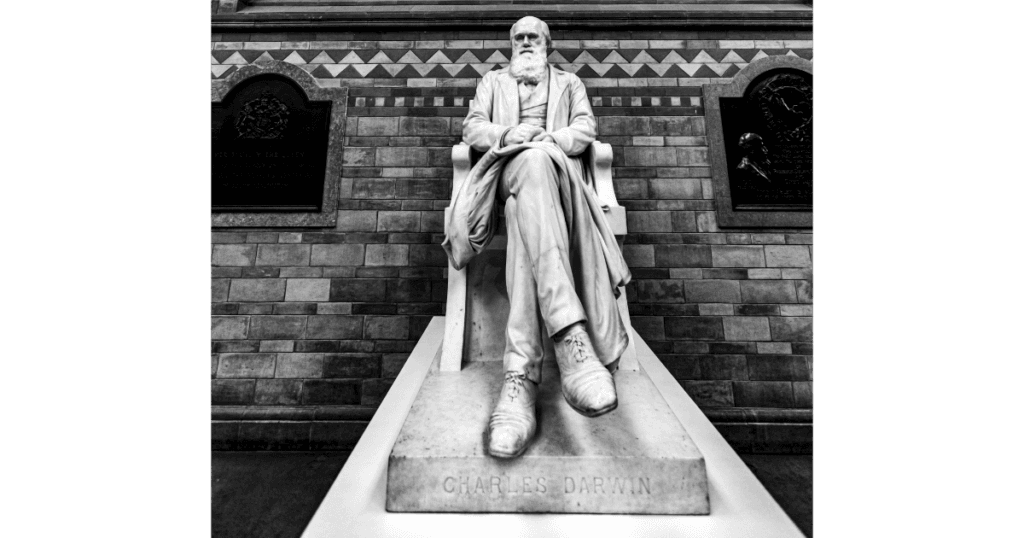
Intended End User: Teacher Educator
Age Group: Lower Secondary; Upper Secondary
School Curriculum: Science
Themes and Topics: Food and Agriculture; Information & Knowledge
Duration: 7 hours
Type of Resource: Workshop
Keywords: Scientific Literacy, Evolution, Critical Thinking, Hands-on Learning
Languages: English, German
Description
Prof. Dr. em. Gerhard Haszprunar (former Director General of the Natural History Collections of the Bavarian State (SNSB)) is giving two lectures in the morning (each with a discussion):
1. ‘The evolution of the ego’ – A journey through neuro- and developmental biology, human genetics, palaeoanthropology and primatology, a dash of placebo medicine and a little optical illusion will explain the origin of man and his mind.
2. ‘Unintelligent design in the animal kingdom – evolution does not plan’ – The new curriculum in Bavaria formulates the following content for evolution: differentiation between scientific and non-scientific ideas. Many biology teachers are confronted with creationist ideas on the subject of evolution. ‘Intelligent design’ – the complexity of living beings requires an intelligent designer – plays a significant role here. In order to raise expertise on this issue, the lecture will explain a series of catchy ‘unintelligent’ examples from the animal world, but also from the human body. It will also explain how complexity and blueprints can arise from chance.
Dr. Simon Pfanzelt (curator in the Botanical Garden Munich (SNSB)) is giving a guided tour through the Botanical Garden entitled ‘Evolution illustrated by concrete plants’. The tour will deal with various aspects of the evolution of plants, which will be illustrated using concrete examples. Among other things, methods for analysing relationships, various species concepts, speciation, adaptive radiation, population genetics and convergent evolution will be discussed. Questions on genetic engineering and genetic manipulation will also be addressed.
How to use this resource
Best Practice Approach:
- Using local flora makes the content relevant and adaptable to different regions.
- Hands-on learning enhances retention and understanding.
- Discussions on genetic engineering and biotechnology link evolution to modern scientific and ethical debates.
Adaptability to Local Contexts:
- The lecture content can be adjusted based on local educational needs.
- The field component can be conducted in botanical gardens, national parks, or even urban green spaces, making the workshop feasible in different locations.
- The workshop format allows for collaboration with local experts, educators, and institutions, ensuring relevance to the target audience.
By combining theoretical knowledge with practical, real-world examples, this workshop effectively fosters scientific literacy and critical thinking about evolution. It can be tailored to suit different educational levels, cultural contexts, and available resources.
The resources
Evolution in the animal and plant kingdom PDF:
Evolution in the animal and plant kingdom PDF (in German):
Learning Outcomes
- Elicit prior knowledge and further develop knowledge and comprehension of key Sustainability Citizenship key concepts, challenging established worldviews and values.
- Apply a range of suitable tools and frameworks to promote student Sustainability Citizenship
- Reflect on practice and examine national curricula to identify opportunities to promote Sustainability Citizenship in interdisciplinary ways and engage with external stakeholders.
- Collaboratively synthesise the knowledge, tools and frameworks to create educational materials and lessons plans adapted to their own local context.
Green Competencies
- Embracing Complexity in Sustainability: Critical Thinking; Problem Framing
Creative Commons

This workshop concept is licensed under a Creative Commons Attribution-NonCommercial-ShareAlike (CC BY-NC-SA) License by VBIO e.V. LV Bayern. You are free to share and adapt the material for non-commercial purposes, provided proper attribution is given and derivative works are shared under the same license.
Attribution:
VBIO e.V. LV Bayern, ‘Evolution in the animal and plant kingdom’ Workshop Concept, CC BY-NC-SA 4.0.
SDGs


